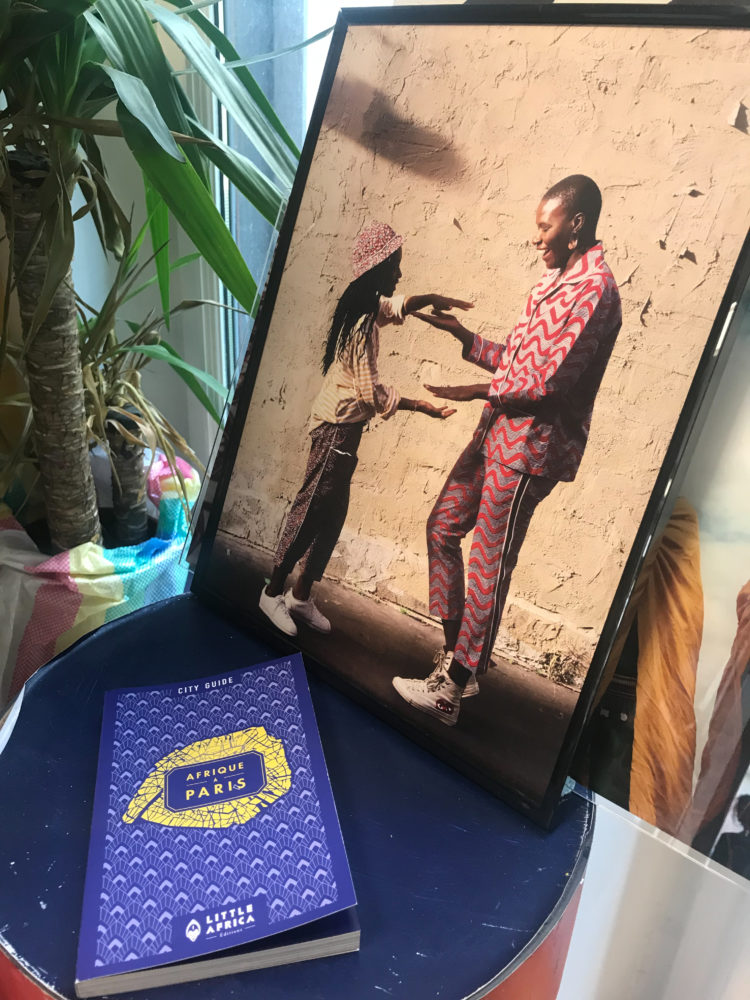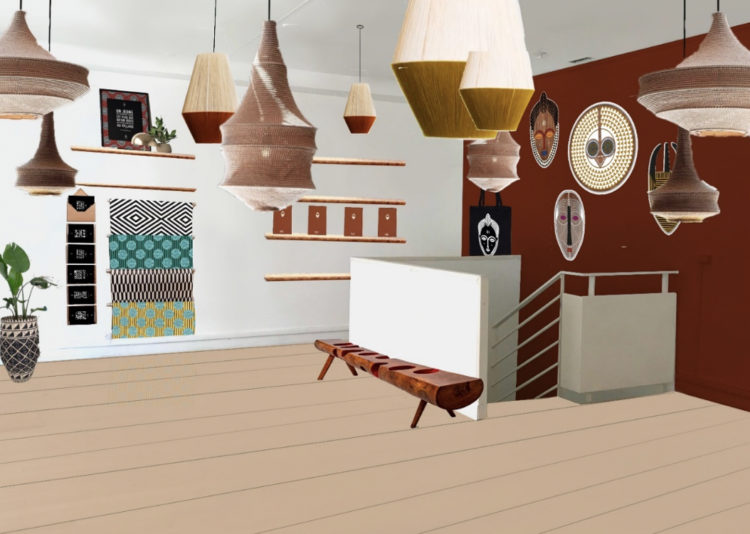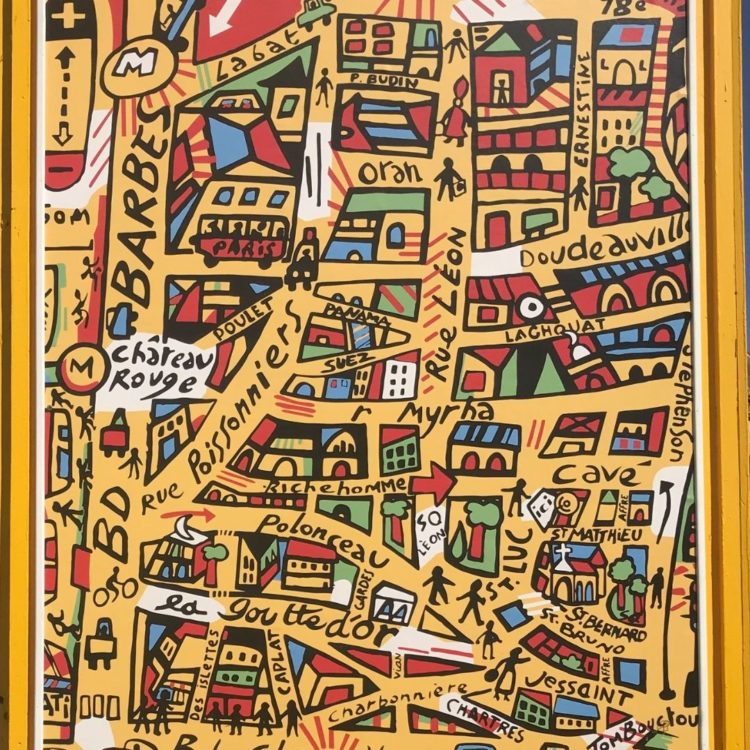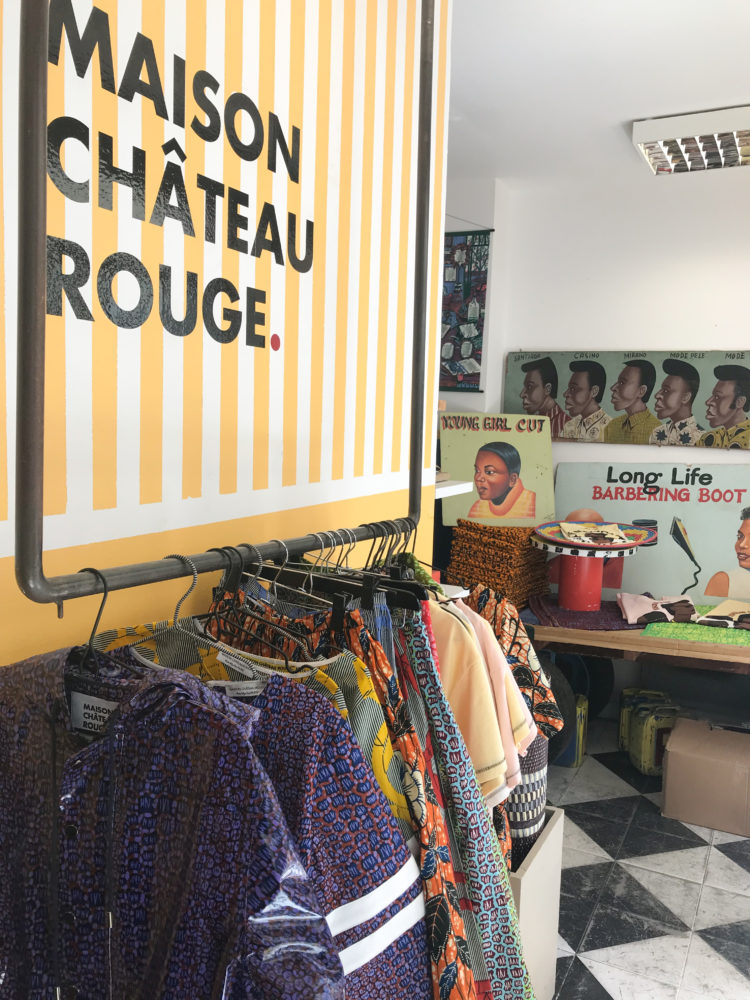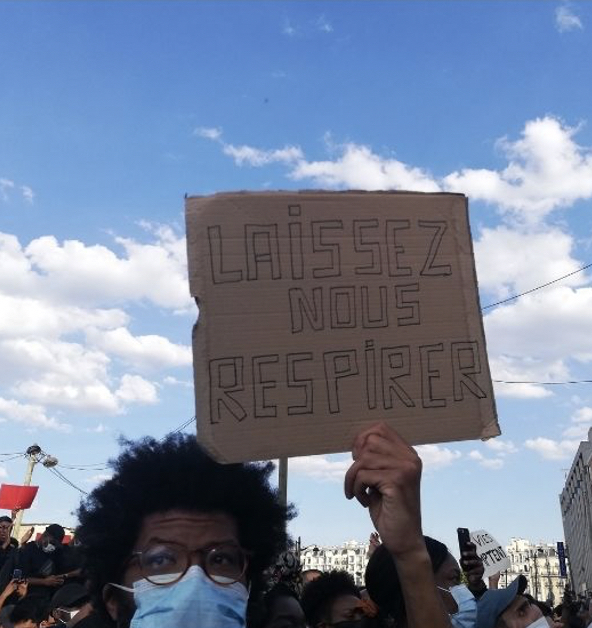Amid a global pandemic, a crisis in the world’s economies, and a Black Lives Matter movement that seems to be changing some aspects of society, we find Little Africa, showing resilience in Paris and doing its bit to change the story of Africa.
If you’ve travelled to Paris since 2016 and haven’t heard of Little Africa’s renowned City Guide, well you’ve missed it all! Jacqueline Ngo Mpii is the leader, the female CEO behind the company’s success. She’s been interviewed for Vogue, HuffPost, Konbini, Jeune Afrique, and countless other publications.
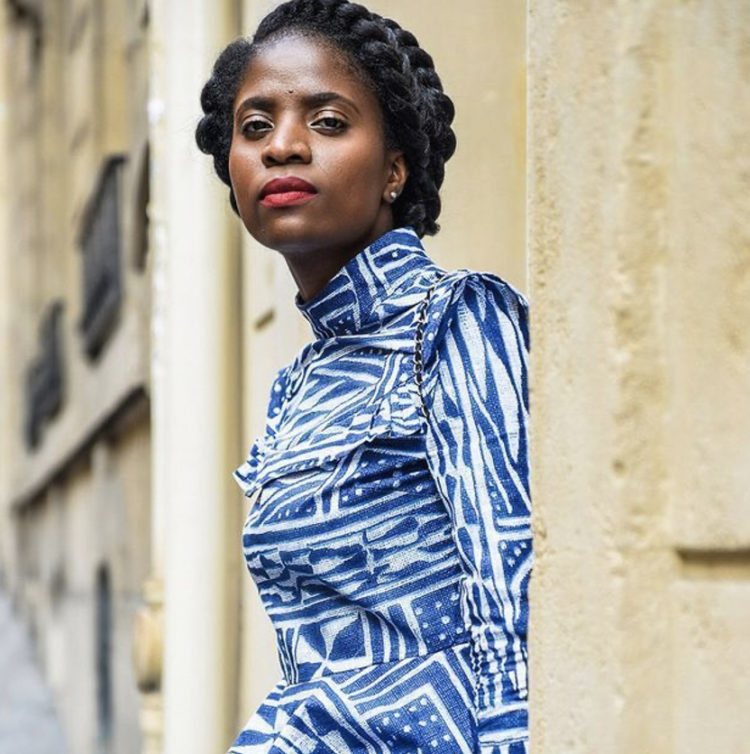
Little Africa first found success in 2016, with the publication of two editions of its City Guide – Afrique à Paris. The company has given a makeover to a rather aging city tour business model, with carefully crafted walking tours, curated events and recommendations based on Africa’s arts, fashion, culinary inventions, and historical scopes. Against all odds in these uncertain times, 2020 seems to open a promising new chapter for the company, and for Ngo Mpii, whose latest dream is about to come true. It’s called Little Africa’s Village.
The village is located in La Goutte d’Or, one of Paris’ most African neighborhoods. The working-class area, which is now considered edgy, is home to trendy fashion ateliers and fabric shops. Rising brands, such as Maison Château Rouge, have chosen it as their HQ, partly for the proximity to authentic markets, cafés, and restaurants.
The Village will include a multidisciplinary space where fashion, visual arts, literature and music will push the envelope on diversity and identity conversations.
I recently interviewed Jacqueline Ngo Mpii, right in the middle of one of their busiest times, when they were launching a crowdfunding campaign for Little Africa’s Village.
Born in Cameroon and raised in Paris, Ngo Mpii worked for 10 years in tourism after her studies. After that, she focused her energies on launching the Little Africa tourism and culture agency. About her years as a global traveler, she says, “I was missing one part of myself, and that part was related to Africa. I realized how far and how lost I felt regarding the continent, but also regarding my home country.”
Self-education played a crucial part in her search for identity. She first explored the arts, which opened doors to a fascinating slice of African history. “I got to know more about Africa’s ancient arts, traditions, our ancestors, our rituals and spiritualism. I learned it from the books, archives, galleries, exhibitions, art merchants.”
Meanwhile, she realized that walking tours, combined with a digital presence, could help turn educational tourism into a flourishing business. Aware of the misconceptions and clichés that Afro-descendants on the cultural scene have to deal with, she made the conscious decision to challenge stereotypes by leading with an approach that would be inclusive of the arts and a historical perspective. “The thing about art and culture is that it’s really showing the beauty of our continent. It’s also showing to the African diaspora that our arts have been spread and taken away from the continent.”
The Little Africa Presents Paris video says it all, by letting Little Africa guide you through French culture from an Afro-French perspective. “The project is based on clichés I don’t want to see anymore,” she claims.
Some feel that the diaspora should get more involved in the art market, because it allows the past and future to converge. Being involved in the African art market means getting to know Africa’s pre-colonial history and making peace with colonial times by taking care of the African heritage that is spread across Western museums.
In recalling the symbolic “Apes**t” video that The Carters shot in the Louvre, one thinks of the black bodies in full glory standing in places of power, as a statement on history and colonialism. The feeling is that cultural re-appropriation is needed.
“One of the biggest challenges will be to understand this art market,” says Ngo Mpii. “Understanding it means also knowing where it is. It is taking place in the cities where we live. This is a step we need to take, to see what’s being done, told and made to our arts.”
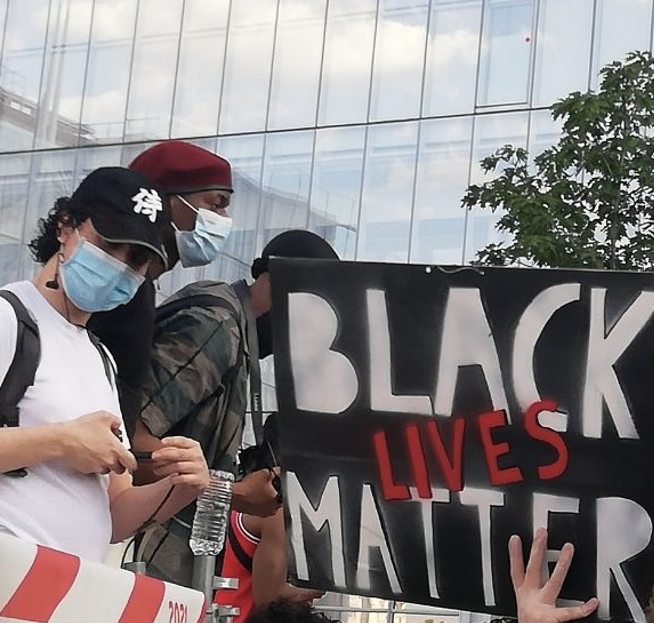
“The campaign for French restitution of African artifacts back to their home countries is telling, in this respect. We need this to figure out how to create a space for us in that market or create a space back in Africa for that market. We need to create an art market in Africa to avoid artists leaving the continent to start selling internationally. Wherever you are, in the diaspora, in African museums, art galleries have tremendous history about our arts, and we should get closer to that.”
And so, Little Africa is the platform she chose to tell that story. “If everybody agrees on the fact that Africa is the future of the economy like all business magazines say, then you need to understand why. We’re going to try to make you discover that.”
The shift in mentalities was apparent during the worldwide civil rights mobilization against the murder of George Floyd, racism and police brutalities. In Paris, there were many non-Black protesters in the crowd. Still, the question remains. Why now?
This female CEO chooses to fight stereotypes. “George Floyd’s murder is about how descendants of Africans are treated in the diaspora. The more people feel related to their African heritage, the prouder they feel, and the more difficult it is to brainwash them about who they are and who they are not. It makes it difficult to tell them that, ‘You have always been a slave, so you should act like that, because you always have been like that.’ Well people say, ‘No, I haven’t been like that, my ancestors were like that for a certain time, but we were never always like that.’ It makes it difficult to put Black people in a position where they’re treated like slaves, or called ignorant, ugly, or whatever the stereotypes might be.”
“New generations are refusing to stick to these racist stereotypes,” she adds. “They want to educate their families, their networks, their partners, their communities, whether they’re black or not. And those people become allies. We are all connected through different stories because we are all human and we live similar stories at different levels.”
Jacqueline Ngo Mpii dreams of a safe village where everyone is welcome. Serving both French and international travelers with the finest of the Afro-French diaspora, the Village will host a concept store, a publishing venture, art exhibitions, debates, collaborations with artists, t-shirt brands, a high end delicatessen, a small library, and much more.
It’s been a two-year journey of planning, reflection and negotiations with collaborators, but she has put in the work.
Ngo Mpii is calling all potential funders. “Put your money where your mouth is,” she says, smiling. “Among the things I thought I knew, I realized Africa was part of the things I didn’t know and needed to know. I think this is a feeling that is shared by millions of people. Whether you’re Black, White or Asian, people have this image of the unknown continent. We want to build a space where people can come, learn, discover, share, and gather. That’s what we are looking for.”
Little Africa is foreseeing collaborations with Morocco, Senegal and Côte d’Ivoire. Jacqueline Ngo Mpii is also envisioning a foundation that will build a bridge between the Afro-French diaspora, the global diaspora, and the African continent.
If you feel somehow connected to this entrepreneurial spirit, now is the time to contribute to the Little Africa’s Village crowdfunding campaign.

